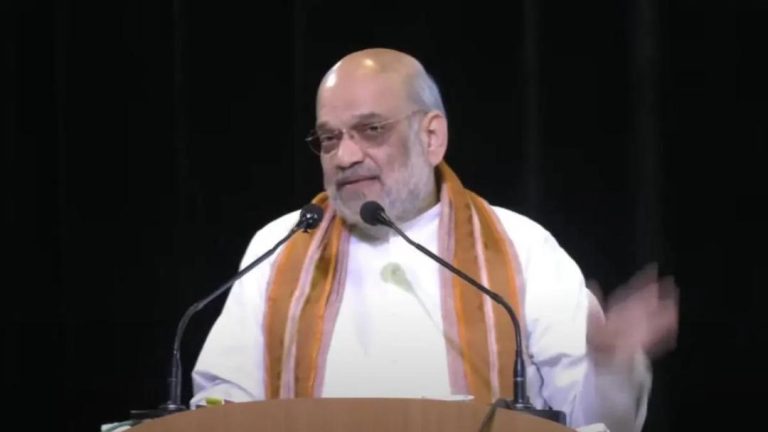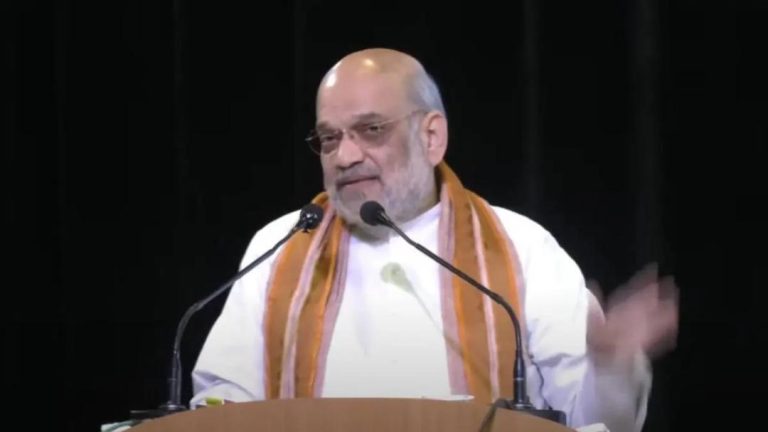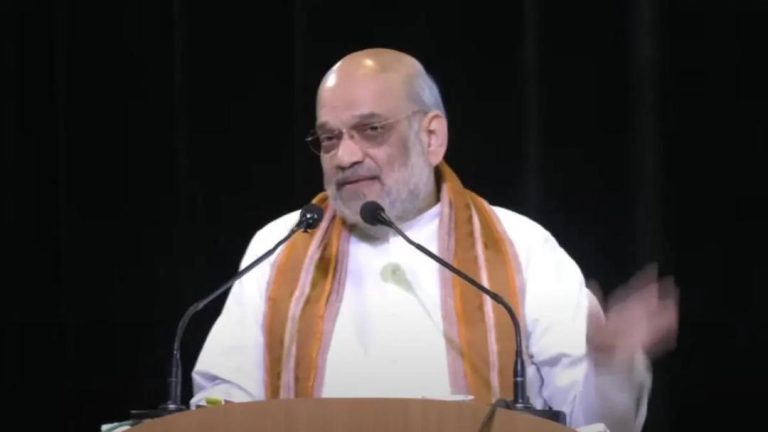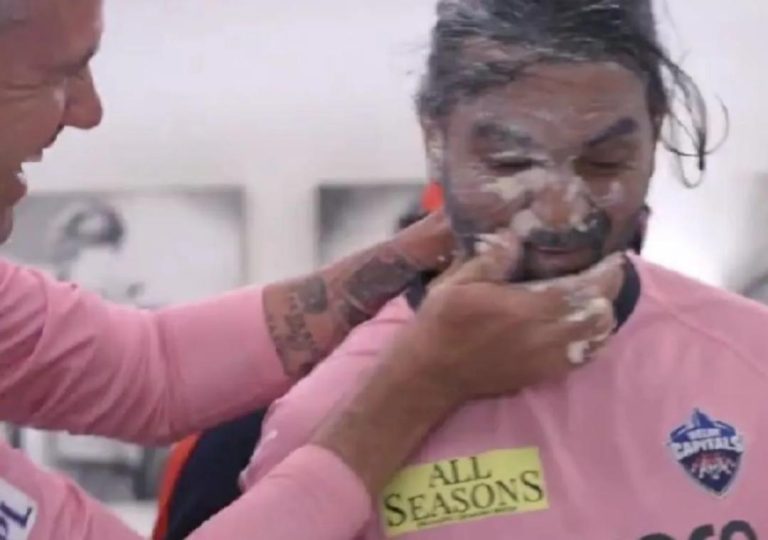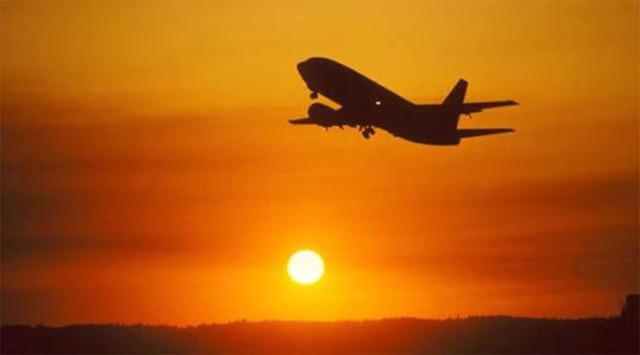
Class 12 Physics & Math requirement for becoming commercial pilot might be scrapped: Report
The Directorate General of Civil Aviation (DGCA) is planning to scrap the current rule that requires students to have studied Physics and Math in Class 12 to be eligible for commercial pilot licence training. This move has sent shockwaves in the aviation industry, with many questioning the implications of such a drastic change.
For decades, commercial pilot training in India has been restricted to Science and Math students since the mid-1990s. The rule was put in place to ensure that pilots were well-equipped to handle the complex mathematical and scientific concepts involved in flying. However, it seems that the DGCA is now reconsidering this policy.
According to reports, the DGCA is considering scrapping the Physics and Math requirement for Class 12 students who wish to pursue a career in commercial piloting. This means that students from non-Science streams, such as Arts and Commerce, may now be eligible to become commercial pilots.
The decision is reportedly being taken to make the profession more inclusive and accessible to students from diverse backgrounds. The DGCA believes that the skills required to become a commercial pilot are more related to aptitude and attitude rather than purely academic qualifications.
If the rule change is implemented, it is expected to have a significant impact on the aviation industry. With more students from non-Science streams becoming eligible for commercial pilot training, the industry may see an influx of new talent from diverse backgrounds.
However, not everyone is pleased with the proposed change. Many experts in the aviation industry have expressed concerns about the potential risks of allowing students from non-Science streams to become commercial pilots. They argue that commercial piloting requires a strong foundation in Physics and Math, and that students from non-Science streams may not have the necessary skills to handle the complexities of flying.
The Indian Commercial Pilots Association (ICPA) has also opposed the proposed change, stating that it could compromise safety standards in the aviation industry. The ICPA believes that the Physics and Math requirement is essential to ensure that pilots have a solid understanding of the underlying principles of flight and can make informed decisions in critical situations.
On the other hand, proponents of the proposed change argue that it will help to increase diversity in the aviation industry and provide more opportunities for students from underrepresented groups. They also point out that many commercial pilots from non-Science streams have already successfully completed their training and are flying safely.
While the debate surrounding the proposed change is ongoing, it remains to be seen whether the DGCA will ultimately scrap the Physics and Math requirement for Class 12 students. If implemented, the change could have far-reaching consequences for the aviation industry and the students who wish to pursue a career in commercial piloting.
In conclusion, the proposed change to the Physics and Math requirement for Class 12 students is a significant development in the aviation industry. While some argue that it will increase diversity and provide more opportunities for students from underrepresented groups, others believe that it could compromise safety standards and undermine the profession. As the debate continues, it is essential to weigh the potential benefits and risks of such a change.
